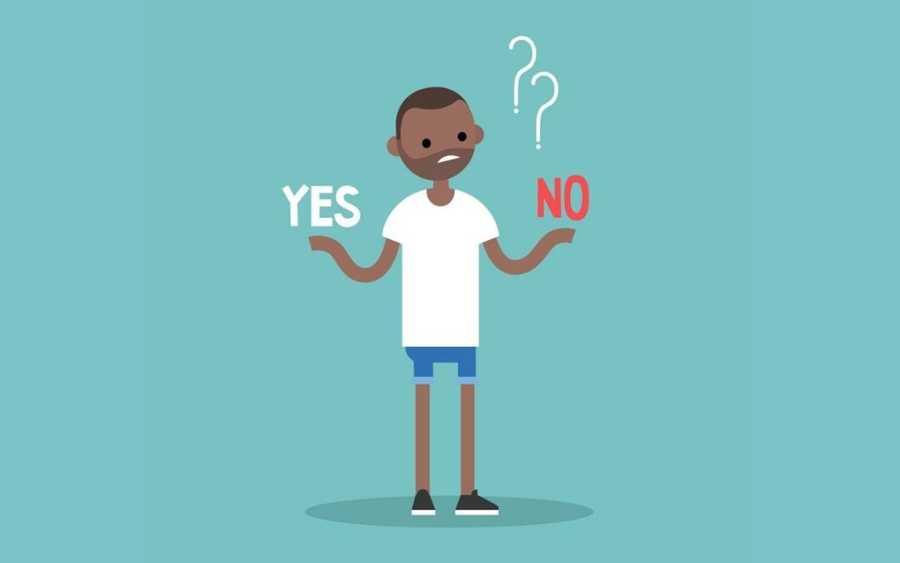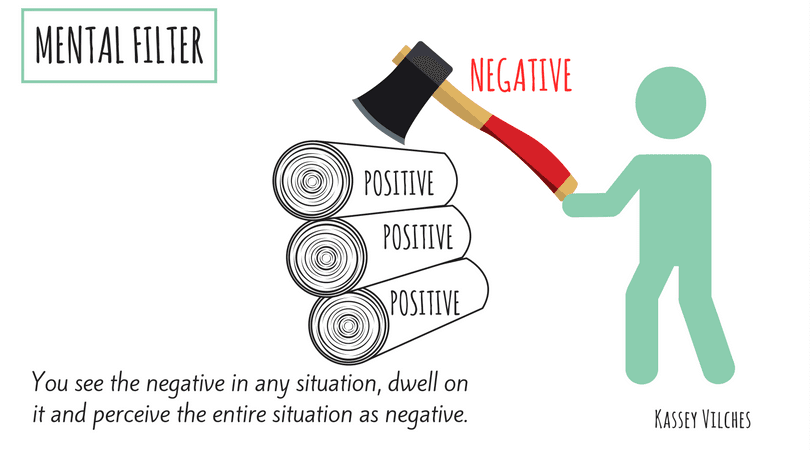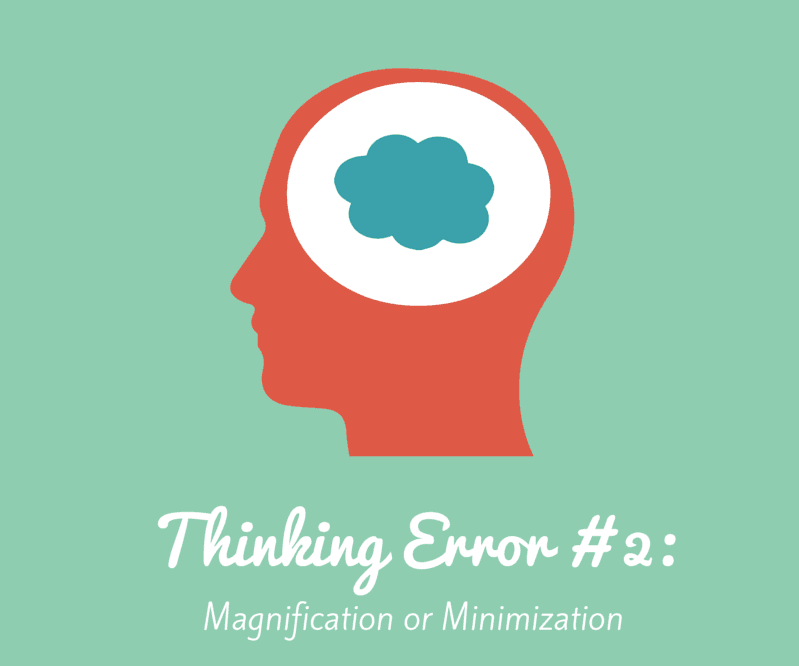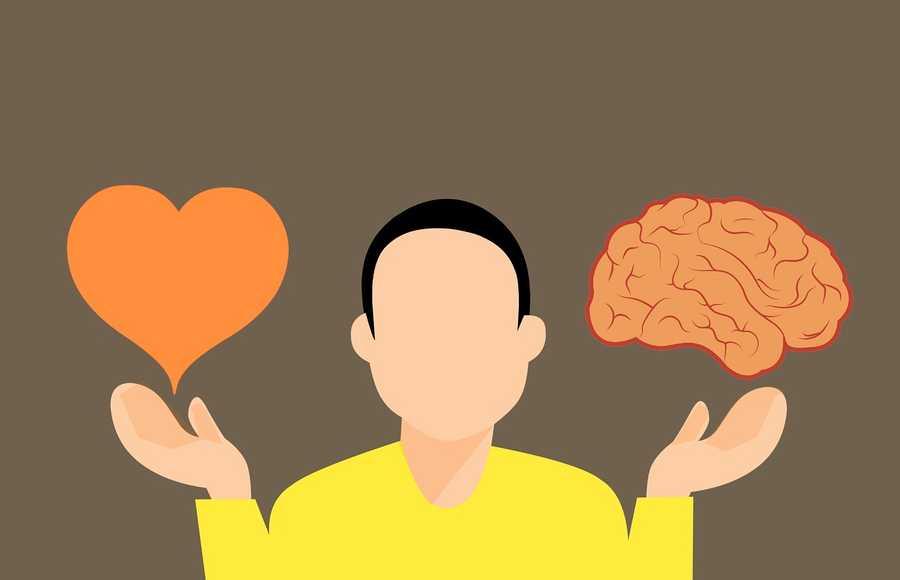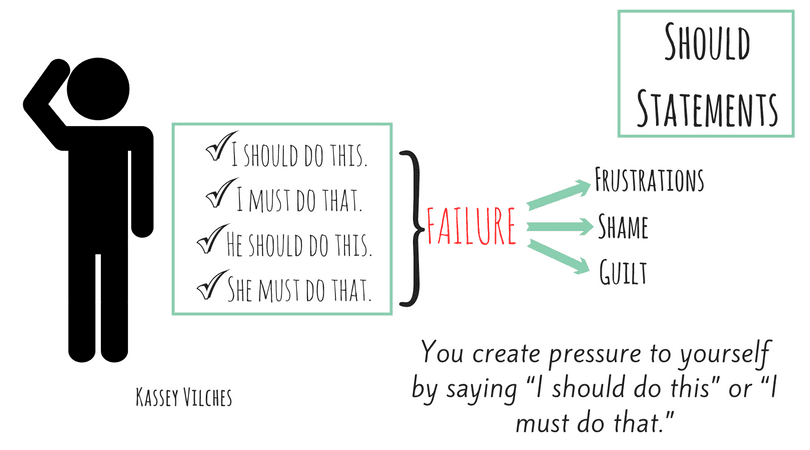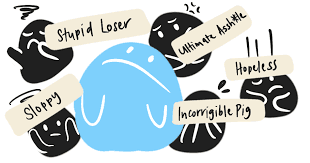Explore the World's Best Ideas
Join today and uncover 100+ curated journeys from 50+ topics. Unlock access to our mobile app with extensive features.
Cognitive distortions
When you think about your life, it is quite possible that you mind is playing tricks on you that can distort your view.
Cognitive distortions—where your mind puts a ‘spin’ on the events you see and attaches a not-so-objective interpretation to what you experience—happen all the time.
We all have cognitive distortions, which are simply tendencies or patterns of thinking or believing, and they are especially common in people with depression and other mood disorders.
212
2.12K reads
All or nothing thinking
This type of distortion is the culprit when people think in extremes, with no gray areas or middel ground.
All or nothing thinkers often use words like "always" and "never" when describing things. “I always get stuck in traffic!” “My bosses never listen to me!” This type of thinking can magnify the stressors in your life, making them seem like bigger problems than they may, in reality, be.
134
342 reads
Overgeneralization
Those prone to overgeneratlization tend to take isolated events and assume that all future events will be the same.
For example, an overgeneralizer who faces a rude sales clerk may start believing that all sales clerks are rude and that shopping will always be a stressful experience.
It is a way of thinking where you apply one experience to all experiences and without knowing you apply it to multiple parts in your life.
127
283 reads
Mental filter
Those who tend towards mental filtering may gloss over positive events and hold a magnifying glass to the negative.
Ten things can go right, but a person operating under the influence of a mental filter may only notice the one thing that goes wrong.
Add a little overgeneralization and all-or-nothing thinking to the equation, and you have a recipe for stress.
129
330 reads
Disqualifying the positive
Similar to mental filtering, those who disqualify the positive tend to treat positive events like flukes, thereby clinging to a more negative worldview and set of low expectations for the future.
Have you ever tried to help a friend solve a problem, only to have every solution you pose shot down with a "Yeah but..." response? You’ve witnessed this cognitive distortion firsthand.
128
267 reads
Jumping to conclusions
People do this all the time. Rather than letting the evidence bring the, to a logical conclusion, they set their sights on a conclusion. Its often negative and then look for evidence to back it up, ignoring evidence to the contrary.
The kid who decides that everyone in his new class will hate him, and ‘knows’ that they’re only acting nice to him in order to avoid punishment, is jumping to conclusions.
125
242 reads
Magnification and minimization
Similar to mental filtering and disqualifying the positive, this cognitive distortion involves placing a stronger emphasis on negative events and downplaying the positive ones.
The customer service representative who only notices the complaints of customers and fails to notice positive interactions is a victim of magnification and minimization.
Another form of this distortion is known as catastrophizing, where one imagines and then expects the worst possible scenario. It can lead to a lot of stress.
128
213 reads
Emotional reasoning
This one is a close relative to jumping to conclusions in that it involves ignoring certain facts when drawing conclusions.
Emotional reasoners will consider their emotions about a situation as evidence rather than objectively looking at the facts.
“I’m feeling completely overwhelmed, therefore, my problems must be completely beyond my ability to solve them,” or, “I’m angry with you; therefore, you must be in the wrong here,” are both examples of faulty emotional reasoning.
Acting on these beliefs as fact can, understandably, contribute to even more problems to solve.
130
223 reads
Should statements
Those who rely on ‘should statements’ tend to have rigid rules, set by themselves or others, that always need to be followed — at least in their minds.
They don’t see flexibility in different circumstances, and they put themselves under considerable stress trying to live up to these self-imposed expectations.
If your internal dialogue involves a large number of ‘shoulds,’ you may be under the influence of this cognitive distortion.
130
229 reads
Labeling and mislabeling
Those who label or mislabel will habitually place labels that are often inaccurate or negative on themselves and others.
“He’s a whiner.” “She’s a phony.” “I’m just a useless worrier.”
These labels tend to define people and contribute to a one-dimensional view of them, paving the way for overgeneralizations to move in.
Labeling cages people into roles that don’t always apply and prevents us from seeing people (ourselves included) as we really are.
It’s also a big no-no in relationship conflicts.
130
186 reads
Personalization
Those who personalize their stressors tend to blame themselves or others for things over which they have no control, creating stress where it needs not be.
Those prone to personalization tend to blame themselves for the actions of others or blame others for their own feelings.
If any of these feel a little too familiar, that’s a good thing: recognizing a cognitive distortion is the first step of moving past it.
128
248 reads
IDEAS CURATED BY
I'm passionate about helping people live their best lives. I'm a lifestyle coach & burnout coach.
Rogier. H's ideas are part of this journey:
Learn more about personaldevelopment with this collection
How to find inspiration in everyday life
How to stay motivated
How to cultivate a positive mindset
Related collections
Similar ideas
12 ideas
Book Summary: Feeling Great by David D. Burns | Sam Thomas Davies
samuelthomasdavies.com
8 ideas
The Complete Guide to Cognitive Restructuring
nickwignall.com
2 ideas
The Complete List of Cognitive Behavioral Therapy (CBT) Techniques
infocounselling.com
Read & Learn
20x Faster
without
deepstash
with
deepstash
with
deepstash
Personalized microlearning
—
100+ Learning Journeys
—
Access to 200,000+ ideas
—
Access to the mobile app
—
Unlimited idea saving
—
—
Unlimited history
—
—
Unlimited listening to ideas
—
—
Downloading & offline access
—
—
Supercharge your mind with one idea per day
Enter your email and spend 1 minute every day to learn something new.
I agree to receive email updates


